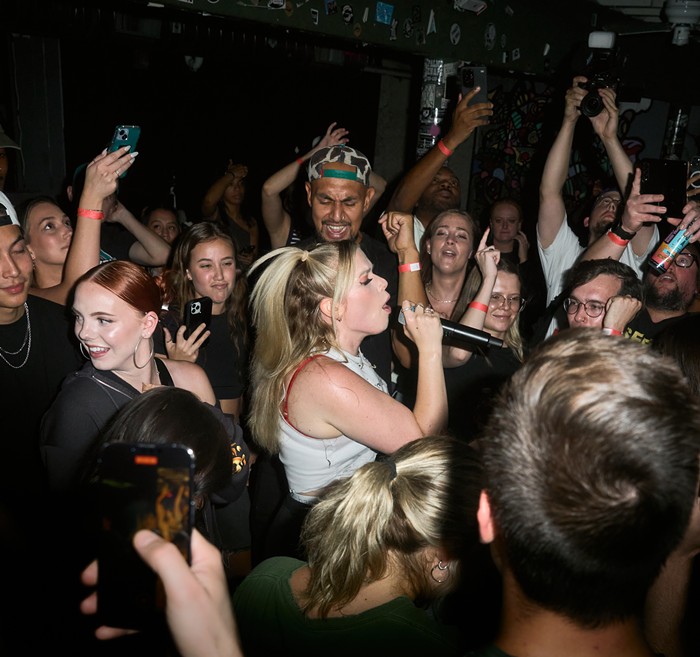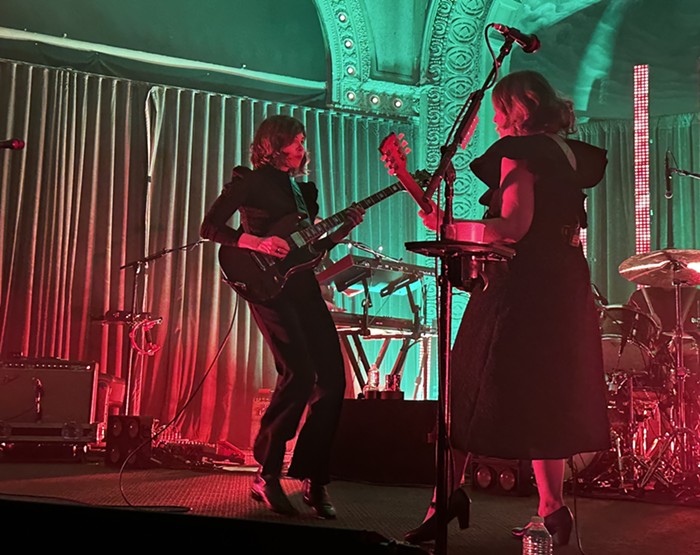The best example of dub's impact on British sensibilities, however, is to be found in British triphop, which is really hiphop high on dub. A case in point is the recent CD Big World Small World by Bristol trio Smith and Mighty (who have famously been in the shadow of such big triphop artists as Tricky and Portishead). After a short and dreamy introduction, their CD explodes into a dense and drawn-out dub track, "Move You Run," which features the soul vocals of Tammy Payne. With its rising and falling echoes, its elongated sense of space and time, and its thick tonal center pulling back and forth like a large elastic band, this track impressively announces Smith and Mighty's main mission: Dub is to be the base from which every track is launched into the thin atmosphere.
This commitment to authentic dub makes Big World Small World more natural or honest than other recent and distant triphop efforts. I think it was Eric Fredericksen who once complained that Massive Attack's last album, Mezzanine, was so elegant, so ethereal, that it seemed more appropriate for hair salons than for bars or parties or even one's own messy living room. Well, Smith and Mighty do not make music for hair salons. You will never hear Massive Attack sing a line like, "Down in Rwanda/the people there a-suffer." Smith and Mighty are too "dubby" and political for the decadent and redolent spaces of a First-World hair salon.


















